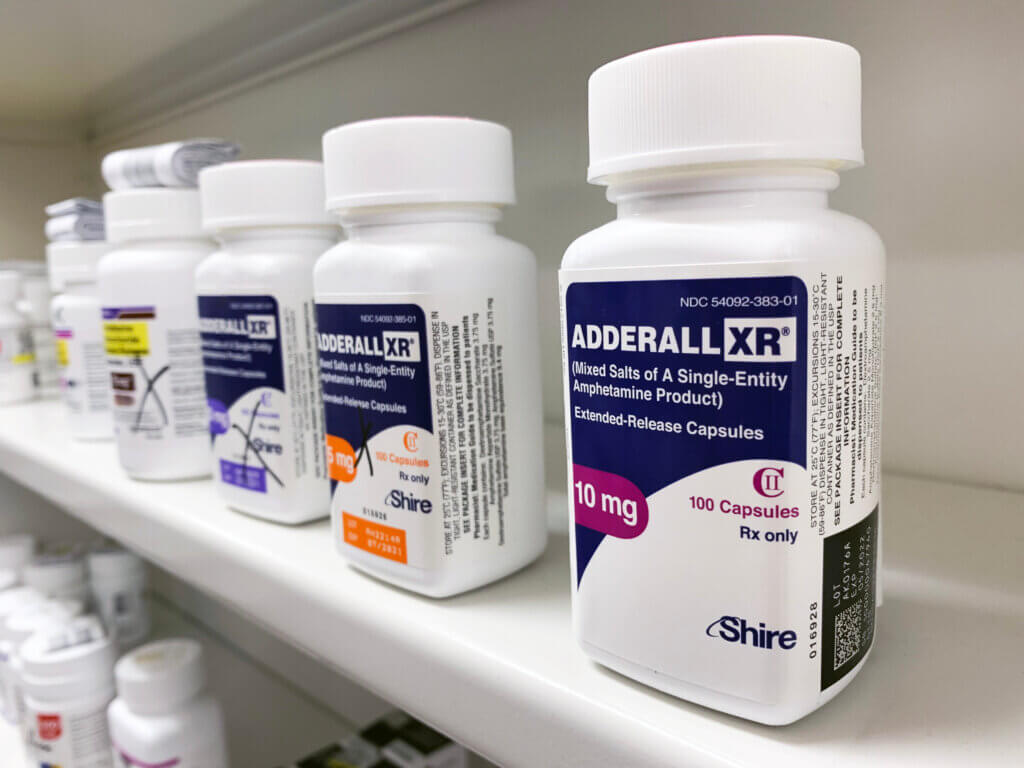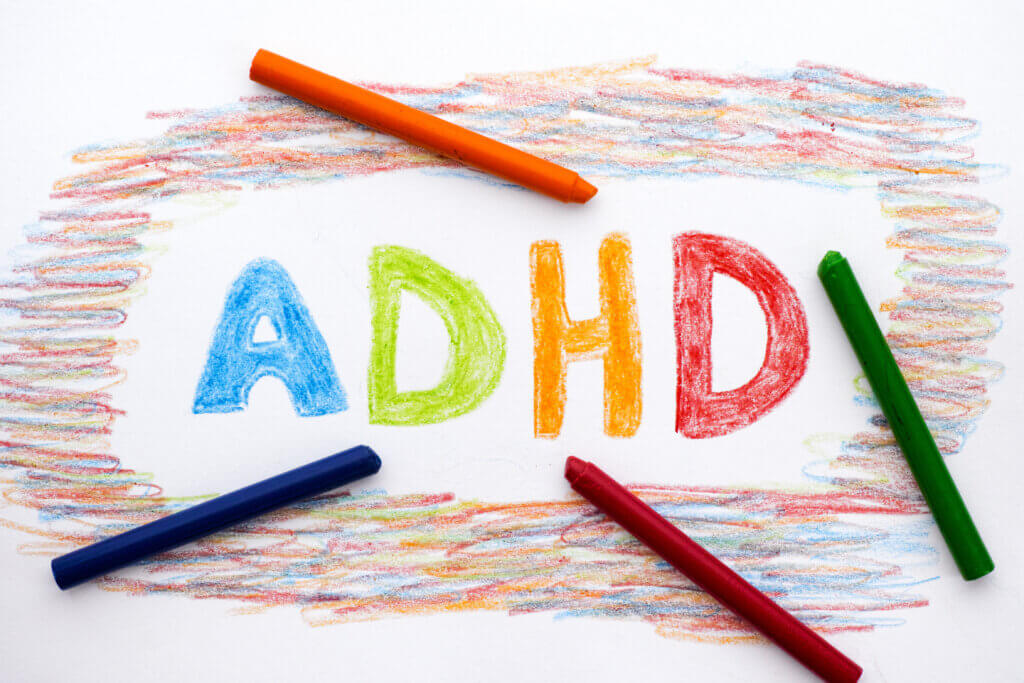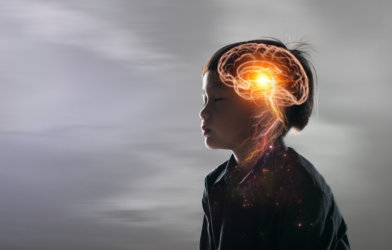Attention-deficit/hyperactivity disorder, or ADHD, is one of the most common mental health conditions affecting children and adolescents today. Characterized by difficulties with attention, impulse control, and hyperactivity, ADHD can significantly impact a child’s academic performance, social relationships, and overall well-being. But what are the most effective treatments for managing this complex disorder?
A comprehensive new review, published in the journal Pediatrics, set out to answer this question by analyzing over 40 years of research on ADHD interventions. The study, led by a team of experts from the University of Southern California and the Southern California Evidence Review Center, is the most extensive of its kind to date, encompassing 312 randomized controlled trials and other high-quality studies involving children and teens with ADHD.
“Parents, teachers and providers need evidence-based information about ADHD,” said Susanne Hempel, PhD, a professor of clinical population and public health sciences at the Keck School of Medicine and director of the Southern California Evidence Review Center, in a statement. “We included only the most robust studies in our review, which enables us to make strong evidence statements.”
So, what did they find? The good news is that there are a number of treatments that can significantly improve ADHD symptoms and related outcomes. As you might expect, medication emerged as one of the most powerful tools in the ADHD treatment toolkit. Both stimulant medications (like Ritalin and Adderall) and non-stimulant options (such as Strattera and Intuniv) were found to be highly effective in reducing core ADHD symptoms like inattention, impulsivity, and hyperactivity.
Researchers also highlight the drugs’ ability to help children who struggle with oppositional behavior or outbursts.
“Medications have the strongest evidence for improving not only ADHD symptoms, but also other problems that often accompany ADHD, such as oppositional and disruptive behaviors,” said Dr. Bradley Peterson, director of the Institute for the Developing Mind at Children’s Hospital Los Angeles and the lead author of the review.

But medication isn’t the only answer, and it’s not without its drawbacks. Many of the studies in this review also reported significant side effects associated with ADHD drugs, including appetite suppression and sleep problems. This underscores the importance of carefully weighing the benefits and risks of medication for each individual child, in close consultation with a qualified healthcare provider.
Beyond medication, the review identified several behavioral and psychosocial interventions that can make a meaningful difference for kids with ADHD. Specialized training programs that teach parents strategies for managing their child’s behavior and improving their relationship were found to significantly reduce ADHD symptoms, as well as related problems like oppositional behavior and family stress. Similarly, skill-building therapies that work directly with children to improve their focus, organization, and social skills also showed promise in alleviating ADHD-related difficulties.
Some of the more novel approaches examined in the review delivered mixed results. Neurofeedback training, which uses real-time brain activity monitoring to help individuals regulate their attention, showed some benefit for ADHD symptoms, but the strength of the evidence was considered low. Dietary interventions and nutritional supplements also appeared to have some positive effects, but again, the evidence base was limited and no specific supplement or diet emerged as a clear winner.
Somewhat surprisingly, the review found little evidence that combining medication with behavioral therapies yields better outcomes than either treatment alone. While this may seem counterintuitive (wouldn’t tackling ADHD from multiple angles be most effective?), it suggests that for many children, a single, well-targeted intervention may be sufficient. However, the authors caution that relatively few studies have directly compared standalone versus combination treatments, so more research is needed in this area.

Perhaps the most sobering finding of this extensive review is the lack of long-term data on ADHD treatments. Despite the large volume of studies included, very few followed participants for more than a year to assess the durability of treatment effects. The limited evidence that is available suggests that most interventions, even combined medication and behavioral therapy, do not produce lasting benefits beyond the active treatment period. This highlights the need for ongoing care and support for individuals with ADHD, rather than expecting a short-term “fix.”
So what’s the bottom line for families and clinicians navigating the often-confusing landscape of ADHD treatments? This review confirms that we have a number of evidence-based options to choose from, particularly when it comes to medication and behavioral interventions. The key is to work closely with a knowledgeable provider to develop a personalized treatment plan that takes into account the unique needs, preferences, and responses of each child. By staying informed about the latest research, keeping an open mind to different approaches, and monitoring progress over time, we can help ensure that every child with ADHD has the opportunity to thrive.
“The overarching takeaway: ADHD is treatable. There are lots of studies that can show us that children absolutely can get better,” Hempel said.












